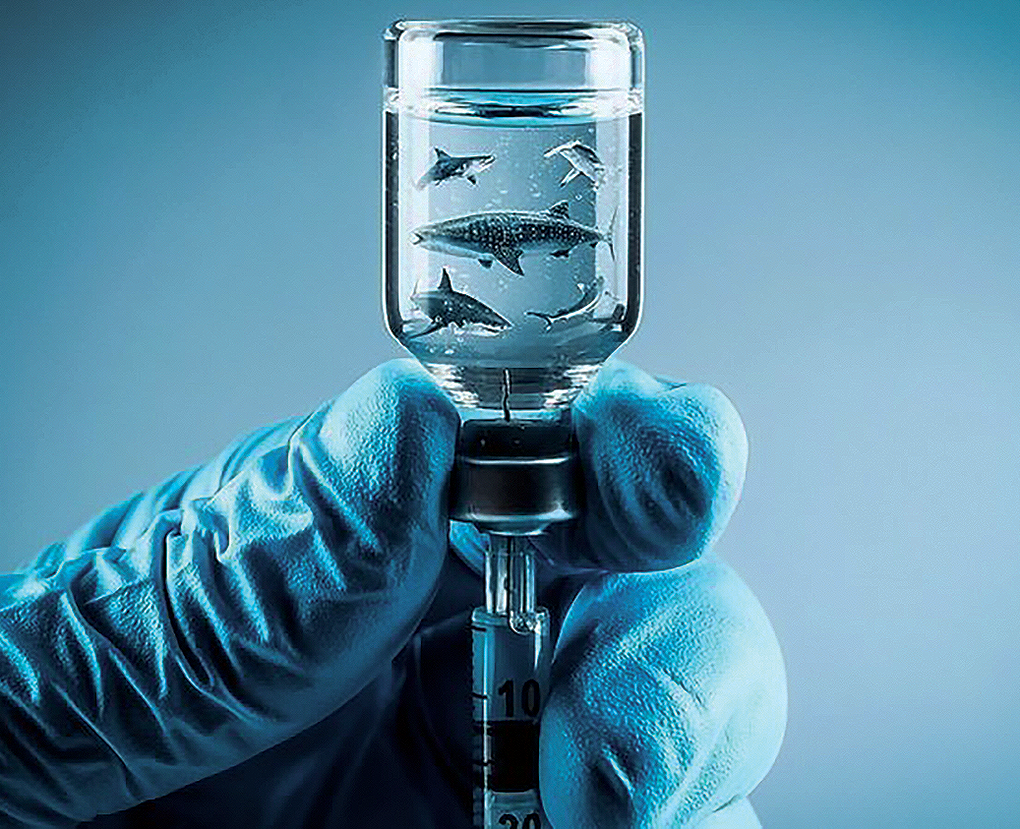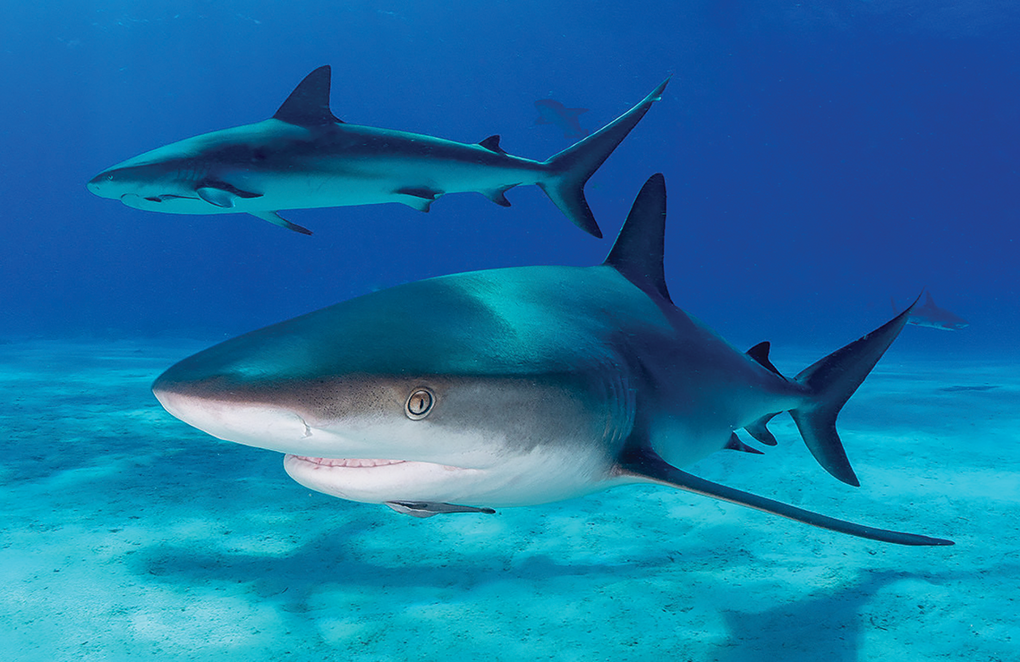
Lost in the breathless reporting about the global rush to produce and administer Covid-19 vaccines is the very real consequences such an effort will have on animal populations. Vaccines use naturally derived components from animals in many steps of the vaccine-production process: from testing the vaccine for safety to making the vaccine itself more effective, animal products are an inexpensive resource that pharmaceutical companies rely on.
Not long ago, we reported on the conservation concerns surrounding the use of horseshoe crab lysate in the production of vaccines, specifically the Covid-19 vaccine, in this country. The use of that animal-dependent resource in vaccine production is causing alarm among conservationists, and they are pushing for the use of a renewable synthetic alternative that would save the lives of hundreds of thousands of horseshoe crabs in the next year. The race is on to lobby pharmaceutical companies to use alternatives to animal-derived products as they ramp up their vaccine production to inoculate the world’s citizens against Covid-19.
In a similar story, sharks, those apex predators whose presence is crucial to the balance of the food chain of the ocean, face an imminent threat to their populations from the use of an oil called squalene, which they produce in their livers. Squalene is hydrogenated to make squalane, which is commonly used as a moisturizing oil and shelf-life-extender in cosmetics (foundation, lipstick, eyeshadow, facial cleanser, lotion, sunscreen, and more). Squalene is also used in vaccines to boost immune response in the patient; it is already used in malaria and flu vaccines, and now, with the specter of a Covid-19 vaccine that will need to be produced in the billions of doses, shark conservationists are concerned that the enormous need for squalene will endanger the lives on over half a million sharks. Each year, some 2.7 million sharks are killed for use of their squalene in cosmetics. Because many of the leading Covid-19 vaccine contenders use squalene, the number of dead sharks will climb steeply in the next year.
The ocean’s ecosystem cannot survive without sharks; they regulate other animal populations’ diversity, abundance, and distribution. They remove sick or injured animals from the population pool and provide food for scavengers. Sharks cannot be replaced, and a dip in their population would be a detriment to oceans as a whole. If pharmaceutical companies rely on shark squalene, their population could be perilously in danger.
The good news is that squalene can be derived from plant sources, including olives, sugarcane, rice bran, bacteria, wheat germ, and yeast. Plant-derived squalene acts identically to shark-derived squalene, which, according to Shark Allies, means it would be equally effective in vaccines. The reason pharmaceutical and cosmetics companies use shark squalene is that it is cheaper and has higher yields than plant-derived squalene (plant-derived squalene is around 30% more expensive to produce).
Shark Allies is a conservation group that is dedicated to the protection of sharks and rays by “guiding initiatives that reduce the destructive overfishing of sharks on the global scale.” Stefanie Brendl, their executive director and president, says, “With this campaign, we are not asking to slow down or hinder the development of a Covid-19 vaccine. We hope that alternative sources of squalene for the use of adjuvants will be tested alongside the current practices so that shark squalene can be phased out in the future. According to the FDA, the source of the squalene does not matter, as long as it is tested for conformity with all the specifications for purity, strength, and quality.”
Shark Allies is pushing for pharmaceutical companies to do more research into plant-derived squalene to see if it could be a suitable alternative to shark squalene. The time is short to make the switch, as vaccine production could be ramping up within the next few months. Brendl is hopeful. She confirms that, “From our research, it has become clear that sugarcane-derived squalene can already be made at the highest quality and at scalable quantities. We don’t have to make a choice between human or ocean health. We can do both. We can have vaccines and protect sharks if companies are not afraid of change.”
If you are so inclined, Shark Allies urge you to sign the petition to get shark squalene out of vaccines:
CORALmagazine.com/no-shark-vaccine-2021
—Bayley Freeman

Read More
Shark Allies
www.sharkallies.com
Vaxx vexation: Dark days ahead for the American Horseshoe Crab?
https://www.reef2rainforest.com/2020/09/04/vaxx-vexation-dark-days-ahead-for-the-american-horseshoe-crab/




